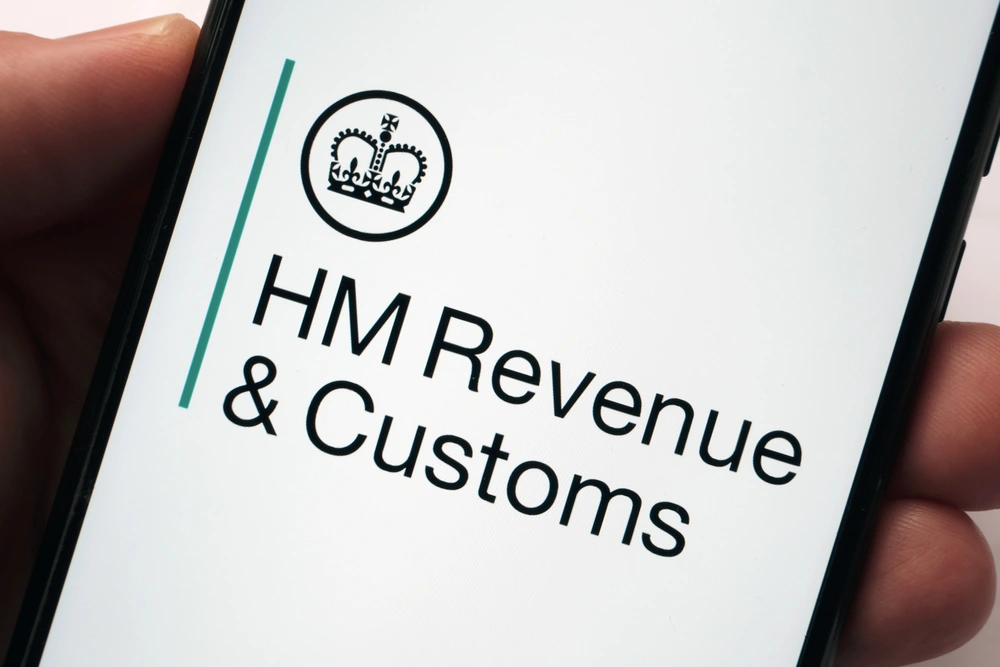Who cares for the carers when they need support? We look into what help carers can expect to receive, from emotional to financial - and how to go about finding it.
Caring is a full-time role for many people in the UK. It can be extremely difficult being the sole carer for a relative or friend. If you're a carer or know someone who is, then there are various organisations and services designed to provide support.
Caring assessments
A caring assesment involves a social worker assessing a carer’s situation. If you get a caring assessment, a social worker will be able to give you advice, and help you with things you might not have considered. This could include assistance with taxi fares or help to arrange respite care, for example. They can make sure you know how to safely lift someone and they can also put you in touch with support groups. The assessment is free and you can get one by contacting your local authority.
What is respite care?
Respite care is when someone else temporarily takes over providing care. This gives the carer a much-needed break allowing them to catch up with friends or just enjoy some ‘me time’. There are private respite care providers. However, the council may pay towards respite care if needed (following a caring asessement and financial assessment). Respite can take place in the person’s home for a few hours a day, a couple of days a week, or the person being cared for can be taken into a care home overnight. You should contact your local social services team if you want to discuss arranging respite care.
Carer’s benefits
Carers over the age of sixteen might be entitled to financial help in the form of Carer’s Allowance and/or Carer’s Credit. Carer’s Allowance is currently a weekly payment of £67.25. Carer’s Credit is a scheme that helps to top up their National Insurance contributions. This protects their State Pension if there are any employment gaps due to caring duties. You can find out more about the financial help available to carers at The Money Advice Service.
There are also several other benefits and grants available. The Carers Trust has a list of grants and charities that are available to carers.
Support groups
Sometimes a carer may just need someone to talk to. Online support forums offer a safe place to talk to others who are in the same situation. Some of these include:
Carers UK have an advice line for carers (0808 808 7777 from Monday to Friday, 9am to 6pm), or you can contact them by email ([email protected]). You can talk to them when you need help or if you want to learn more about skills useful to carers, without having to leave the house. You can also find out if they have any events coming up by checking the event calendar.
Carers struggling with loneliness can also speak to someone at the Red Cross.
Free flu jabs
Those receiving Carer’s Allowance are also entitled to a free flu vaccination. If you’re not receiving Carer’s Allowance but you’re still someone’s main carer, then speak to your pharmacy or doctor’s surgery to see if you’re eligible.
Extra help for young carers
In the UK there are approximately 800,000 young carers looking after a family member or other adult. If you’re a young carer, you are still entitled to support. If you’re over the age of 16 and not in full-time education, then you may be entitled to Carer’s Allowance. Caring for someone else shouldn’t result in you missing out on school or other social experiences. If you need support, you can also request an assessment from a social worker. They’ll assess your situation and be able to put you in touch with support groups.
Under 18 and caring for a Multiple Sclerosis sufferer?
You may be entitled to a grant from the MS Society. Find out more in their ‘Support for young carers’ guide. They also have a forum where you can connect with other carers as well.
Carers between five and 12 years old
Honeypot is a charity that offers support and respite breaks to very young carers. They’ll need to be referred by a childcare professional such as a head teacher.
Disclaimer: We make every effort to ensure that content is correct at the time of publication. Please note that information published on this website does not constitute financial advice, and we aren’t responsible for the content of any external sites.








